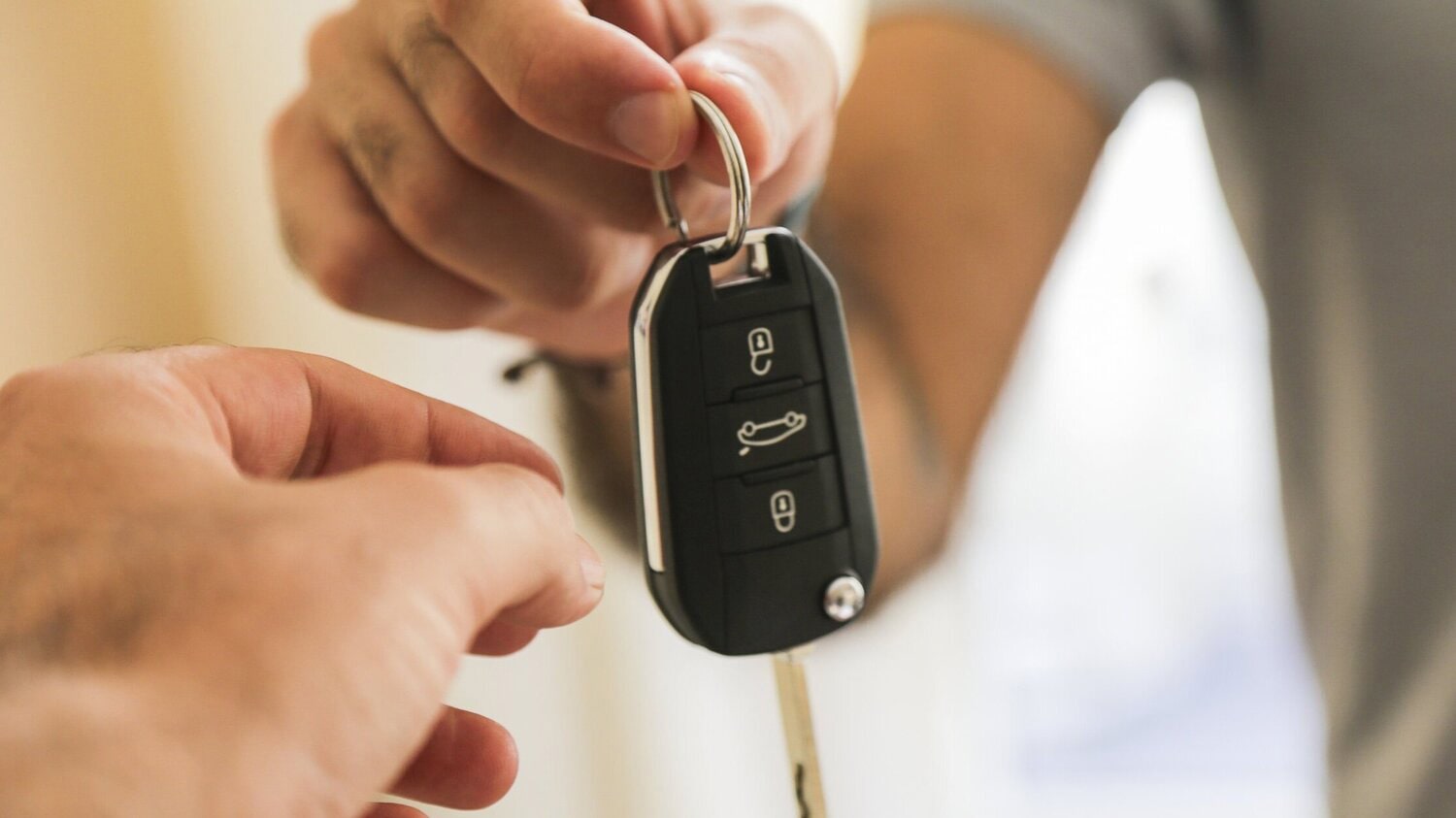
It’s a fairly common scenario. You offer your vehicle to a friend or family member to run a quick errand; during longer road trips, you share in the driving; or you borrow someone’s vehicle to get to an appointment. But what happens if you get into an accident while driving someone else’s car?
In most situations throughout Atlantic Canada, if you drive someone else’s vehicle, their insurance will cover you while you are driving, as long as you meet the following conditions:
- You have a valid Canadian driver’s license
If you are a non-Canadian citizen, you should check the rules applicable in the province you will drive in. - You have either verbal or written permission to use that vehicle
This is very important. Driving someone else’s vehicle without their permission can have drastic legal consequences. You must get permission from the owner before taking their vehicle, and you should have record of that permission. - You haven’t committed an offence under Canada’s Criminal Code while operating the vehicle
Committing a criminal offence while operating another person’s vehicle can mean you are not insured if you get into an accident, and can also result in criminal proceedings. - You are not using the vehicle for one of the prohibited uses within the insurance policy
The prohibited uses vary from policy to policy, but typically include things like drag racing or delivery driving. You should check with the vehicle owner to understand any prohibited uses for their vehicle. - You are not expressly excluded from driving their vehicle
This is a situation you do not want to find yourself in. If the other person’s insurance policy expressly excludes you, you will likely be responsible for any damages that occur in an accident.
If all of the above conditions are satisfied, the vehicle owner’s insurance will likely cover the loss if you happen to get into an accident, but be mindful, there are exceptions to every rule. Be sure to ask the owner of the vehicle where their proof of insurance is located because you will be required to produce it if an accident occurs.
Additionally, if you don’t meet one of these conditions, you or the owner will likely find yourself on the hook for any damages resulting from an accident.
Consider these cases:
A 2011 Nova Scotia case, Barrington v Dixon, saw an accident involving an individual who had not been a listed driver on an insurance policy. The court established that accessibility to a vehicle’s keys does not equate to implied consent, and Mrs. Dixon, the owner of the vehicle, had no reason to think that Mr. Dixon would drive it. Given that the owner did not give consent to drive her vehicle, the insurance company did not have to pay its third-party liability obligation under the insurance contract.
However, in a 2007 Alberta Provincial Court case, Reilly v Reilly, the court dealt with whether an insurance company, that paid for damage to an insured’s vehicle and third-party claims, had a subrogated claim against the at-fault driver. The at-fault driver was living with the insured and was a member of the insured’s family but did not have permission to operate the vehicle when the accident occurred. The court determined Mr. Reilly, the at-fault driver, was liable for $25,000. This case shows the liability you may face if you are the at-fault driver in another person’s vehicle.
Do not simply assume that you can drive another person’s vehicle. Doing so could leave you responsible for a hefty payment in the event of an accident.
Should you be added to someone else’s insurance policy?
If you drive someone else’s vehicle regularly, having them add you to their insurance policy as an occasional driver is a good idea.
Occasional drivers are drivers that use the car less than 50% of the time. The owner does not need to add you to the policy if you rarely drive the vehicle. However, it is something to consider if you use their vehicle multiple times a week. If you drive another person’s vehicle and they should have added you as an occasional driver on the policy, the insurance company may try to deny your claim. To avoid any headaches down the road, if you are unsure if you should be added as an occasional driver, ask the insurance provider.
What happens if they don’t have insurance?
All car owners must have automobile insurance in all Atlantic Canadian provinces. But there are still situations where people may not have insurance. To avoid finding yourself in this situation, ask the owner about their insurance policy before using their vehicle. If they are unsure if they have insurance, make them check before using their vehicle. If they say they do not have insurance, DO NOT DRIVE THEIR VEHICLE.
If this is not possible (like in the case of an emergency), your insurance policy may have limited coverage available to you. However, your policy will very likely deny you full coverage in this situation.
Additionally, your coverage will not apply if you drive a car owned by someone else in your household that does not have insurance.
What if they don’t have enough insurance?
While liability coverage is mandatory in Canada, it is not necessarily enough to cover the costs of a claim. Except for Nova Scotia, where the minimum liability coverage amount is $500,000, all Atlantic provinces require a minimum of $200,000 in liability coverage. If you were at fault for a $1,000,000 claim in New Brunswick, both you (as the driver) and your friend (the owner of the vehicle) would be responsible for the additional $800,000 in damages.
Know before you go
Given the complexities surrounding using another person’s vehicle, it is best to know exactly what you’re signing up for before doing so. Ask the driver whether they have insurance and if there is anything that you should be aware of. Doing so can save you and the owner a lot of trouble if anything happens.
Simply put, know before you go.
Request a
Free Consultation
If you would like to learn your legal options at no obligation, contact us today to set up a free consultation.
